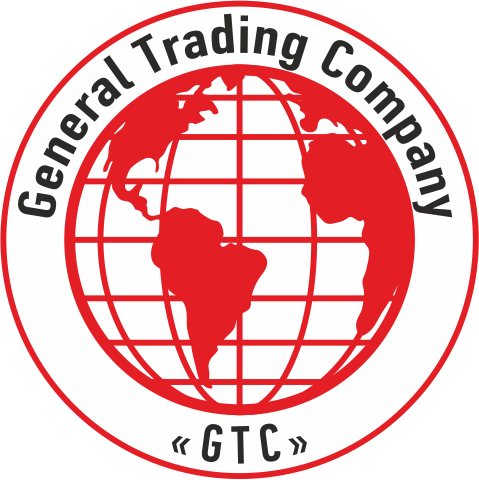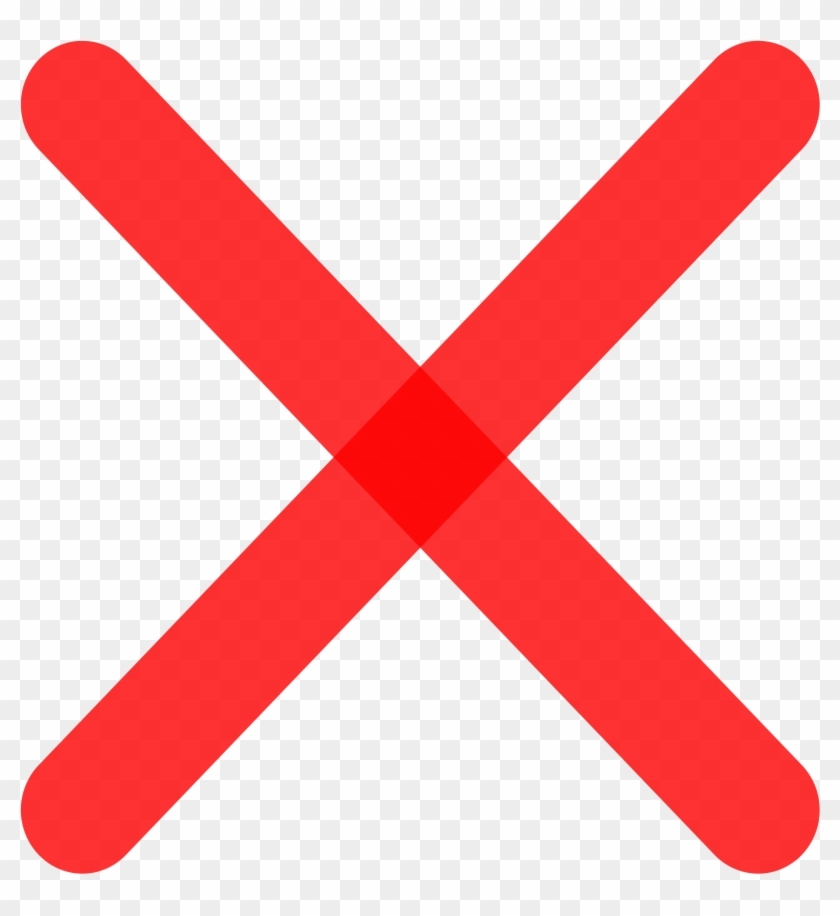
Content Oriented Web
Make great presentations, longreads, and landing pages, as well as photo stories, blogs, lookbooks, and all other kinds of content oriented projects.
RUBBER AND RUBBER-BASED PRODUCTS
Sri Lanka, the cradle of the rubber industry, has been a leading global sourcing destination for natural rubber and rubber-based products since the first seeds of rubber were planted in the island nearly 150 years ago.
RUBBER & RUBBER BASED PRODUCTS
One of the leading Natural Rubber producers in the world, Sri Lanka was the cradle for the rubber industry, that revolutionised many industries across the globe. Renowned for the production of quality natural rubber latex products, manufacturers and exporters of natural rubber in Sri Lanka, has also specialised in the sustainable production of niche rubber products like solid tyres, sole crepe for shoes, and high-quality surgical gloves for the global market.
The history of Sri Lanka’s rubber plantation industry began way back in 1876 with the planting of 1,919 rubber seedlings in Henarathgoda botanical garden in Gampaha - the origin of an uninterrupted and profitable supply chain. Ever since, this agricultural commodity has become one of great strategic significance with respect to the global rubber industry. Customarily close to the hearts and minds of the farming communities all over Sri Lanka, the rubber industry has a close association with sustainable practices. The rubber industry generates employment for a vast number of people mainly from rural areas and is instrumental to providing them with economic sustenance for their livelihood.
Sri Lanka prides itself in manufacturing a number of value-added rubber products by processing raw rubber. This range of rubber products made in Sri Lanka is internationally acclaimed and accepted for quality and durability. Sri Lanka's industrial solid tyres are not only recognized as the best product in the world, but also industry prides itself as the global market leader.
A rubber tree has an economically effective lifespan of about 25 – 30 years, while harvesting commences about 7 years from planting. Continuous replanting takes place where older trees are replaced at a rate of about 3% of mature acreage per year. A constant upgrade of the plantation sector goes on with improved planting stock being developed to yield a greater crop than earlier.
Rubber is manufactured in a variety of traditionally acceptable grades that are absorbed by the markets. The main grades are Ribbed Smoked Sheets (RSS), different types of crepe rubber, Technically Specified Rubber (TSR), and latex concentrate.
Of this natural rubber production, 70% is absorbed by the rubber products manufacturing sector comprising of organizations categorized as small, medium and large. These manufacturing organizations collectively have a large portfolio of different products that are manufactured either for local sales or predominantly for the lucrative export market. The wide products range comprises of such items as solid tyres, latex gloves, rubber bands, extrusions, beadings, mats, miscellaneous sports goods etc. The versatility and experience of the technologists and designers enable the manufacture of rubber products to suit the stringent and competitive requirements of the marketplace and are internationally acclaimed and accepted for quality and durability. Sri Lanka produces rubber & rubber-based products for such international brands as Continental, Solideal, Wonder Grip, MAPA, Safety Work, etc.
The production & processing of natural rubber and the product manufacturing industry together provide gainful employment for over 300,000 persons making this industry a mainstay in economic sustenance while, at the same time, contributing to mitigate global warming through the natural forest cover provided by the rubber plantations and substantial carbon sequestration.
In consideration of the potential of its high value adding capacity in the product manufacturing sector, the industry, together with relevant government institutions, has developed a 10 year master plan for the development of the rubber industry.
The globally linked rubber industry in Sri Lanka shows excellent potential for exponential growth with the global industry growing annually at 4-6%. Sri Lanka’s range of products has ample room to evolve with new developments and research in the field. With opportunities in the global markets being opened up to technically sound and innovative local rubber & rubber-based product manufacturers & suppliers, it is clear that the rubber and rubber based products industry will continue to be a solid and profitable segment of the Sri Lanka’s export economy.
Sri Lanka prides itself in manufacturing a number of value-added rubber products by processing raw rubber. This range of rubber products made in Sri Lanka is internationally acclaimed and accepted for quality and durability. Sri Lanka's industrial solid tyres are not only recognized as the best product in the world, but also industry prides itself as the global market leader.
A rubber tree has an economically effective lifespan of about 25 – 30 years, while harvesting commences about 7 years from planting. Continuous replanting takes place where older trees are replaced at a rate of about 3% of mature acreage per year. A constant upgrade of the plantation sector goes on with improved planting stock being developed to yield a greater crop than earlier.
Rubber is manufactured in a variety of traditionally acceptable grades that are absorbed by the markets. The main grades are Ribbed Smoked Sheets (RSS), different types of crepe rubber, Technically Specified Rubber (TSR), and latex concentrate.
Of this natural rubber production, 70% is absorbed by the rubber products manufacturing sector comprising of organizations categorized as small, medium and large. These manufacturing organizations collectively have a large portfolio of different products that are manufactured either for local sales or predominantly for the lucrative export market. The wide products range comprises of such items as solid tyres, latex gloves, rubber bands, extrusions, beadings, mats, miscellaneous sports goods etc. The versatility and experience of the technologists and designers enable the manufacture of rubber products to suit the stringent and competitive requirements of the marketplace and are internationally acclaimed and accepted for quality and durability. Sri Lanka produces rubber & rubber-based products for such international brands as Continental, Solideal, Wonder Grip, MAPA, Safety Work, etc.
The production & processing of natural rubber and the product manufacturing industry together provide gainful employment for over 300,000 persons making this industry a mainstay in economic sustenance while, at the same time, contributing to mitigate global warming through the natural forest cover provided by the rubber plantations and substantial carbon sequestration.
In consideration of the potential of its high value adding capacity in the product manufacturing sector, the industry, together with relevant government institutions, has developed a 10 year master plan for the development of the rubber industry.
The globally linked rubber industry in Sri Lanka shows excellent potential for exponential growth with the global industry growing annually at 4-6%. Sri Lanka’s range of products has ample room to evolve with new developments and research in the field. With opportunities in the global markets being opened up to technically sound and innovative local rubber & rubber-based product manufacturers & suppliers, it is clear that the rubber and rubber based products industry will continue to be a solid and profitable segment of the Sri Lanka’s export economy.
Join us!
Subscribe
Mailing GTC Global
2022 GTC Global
Privacy Policy
Site map







